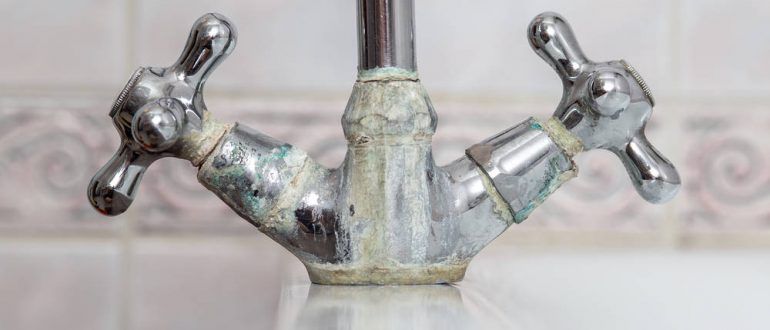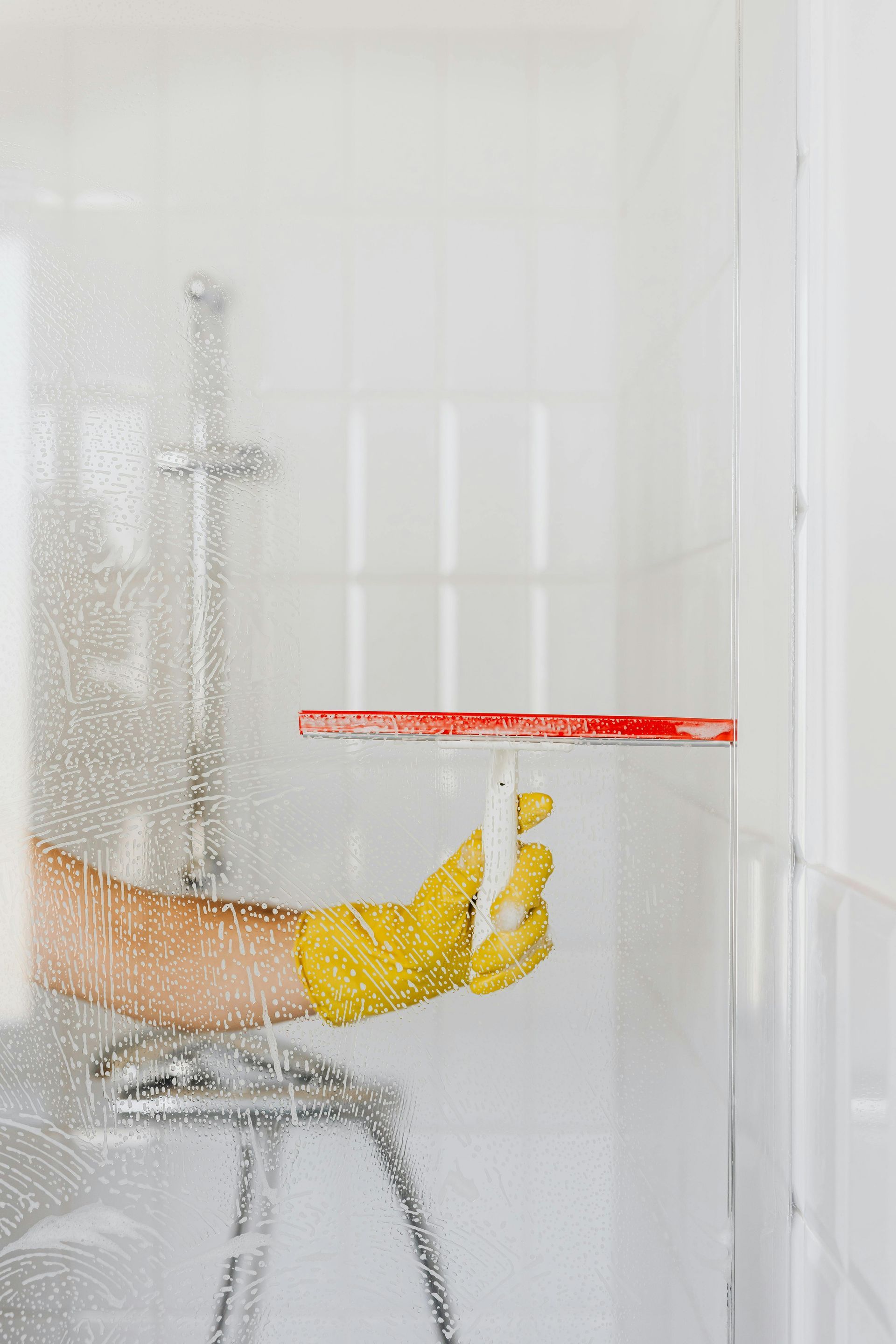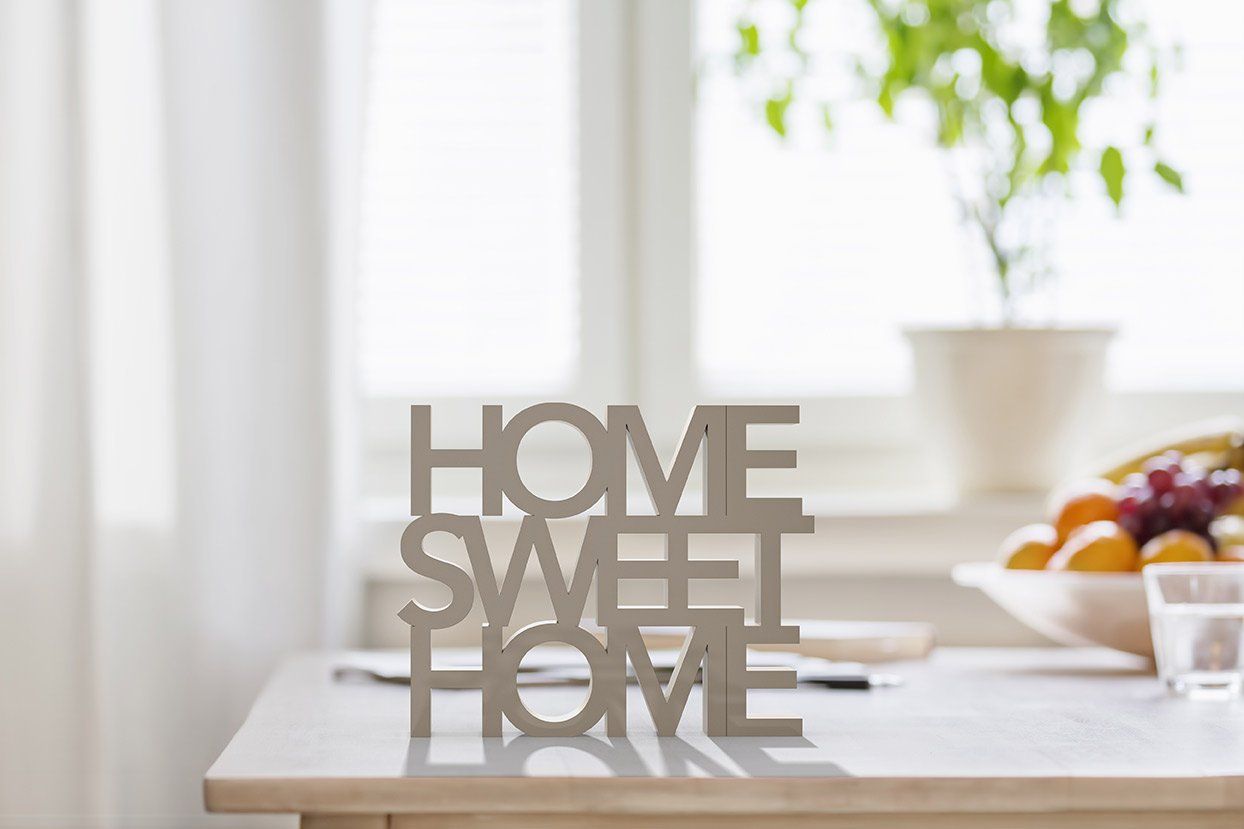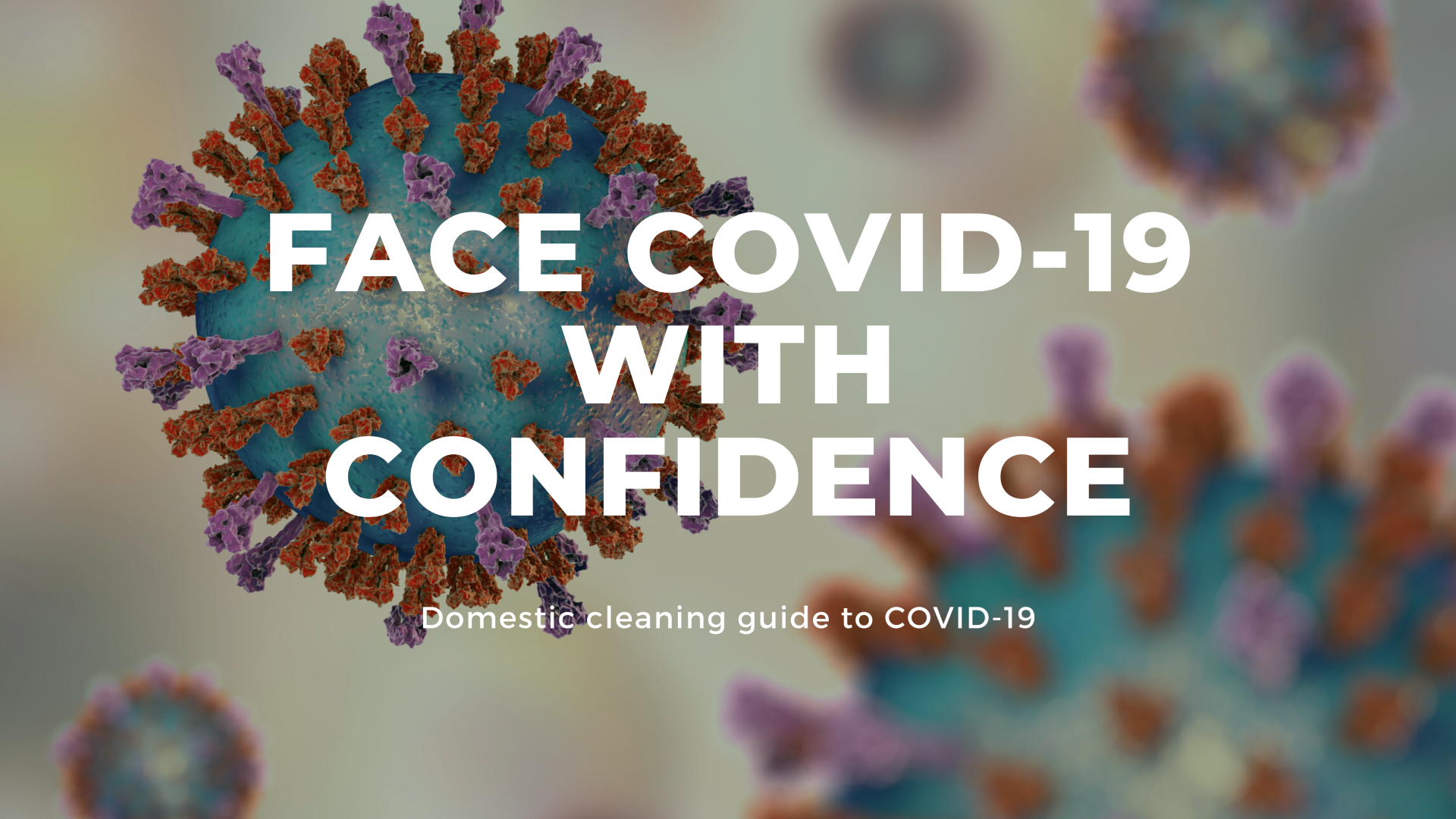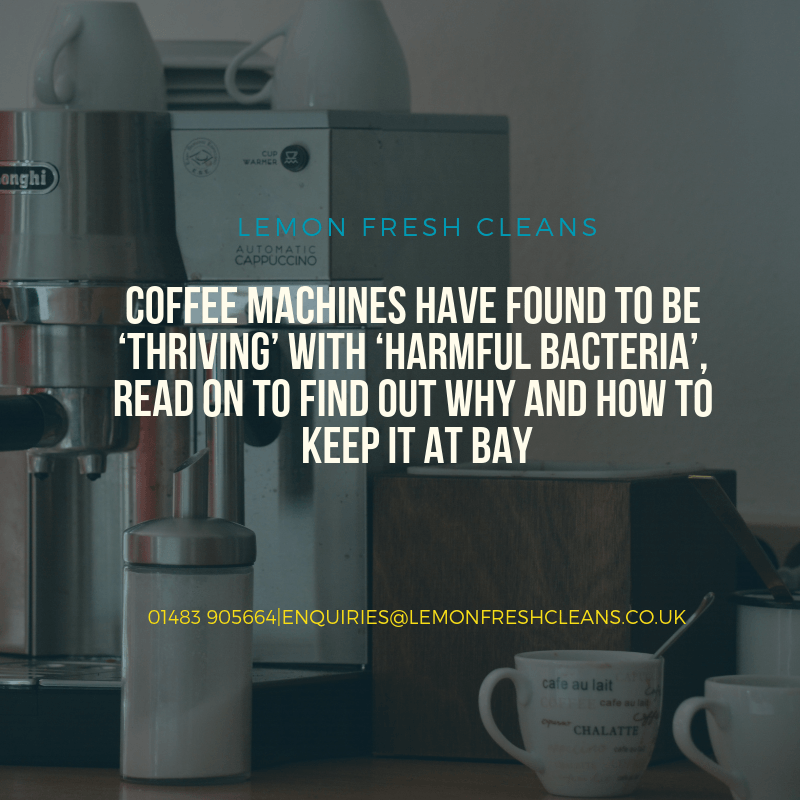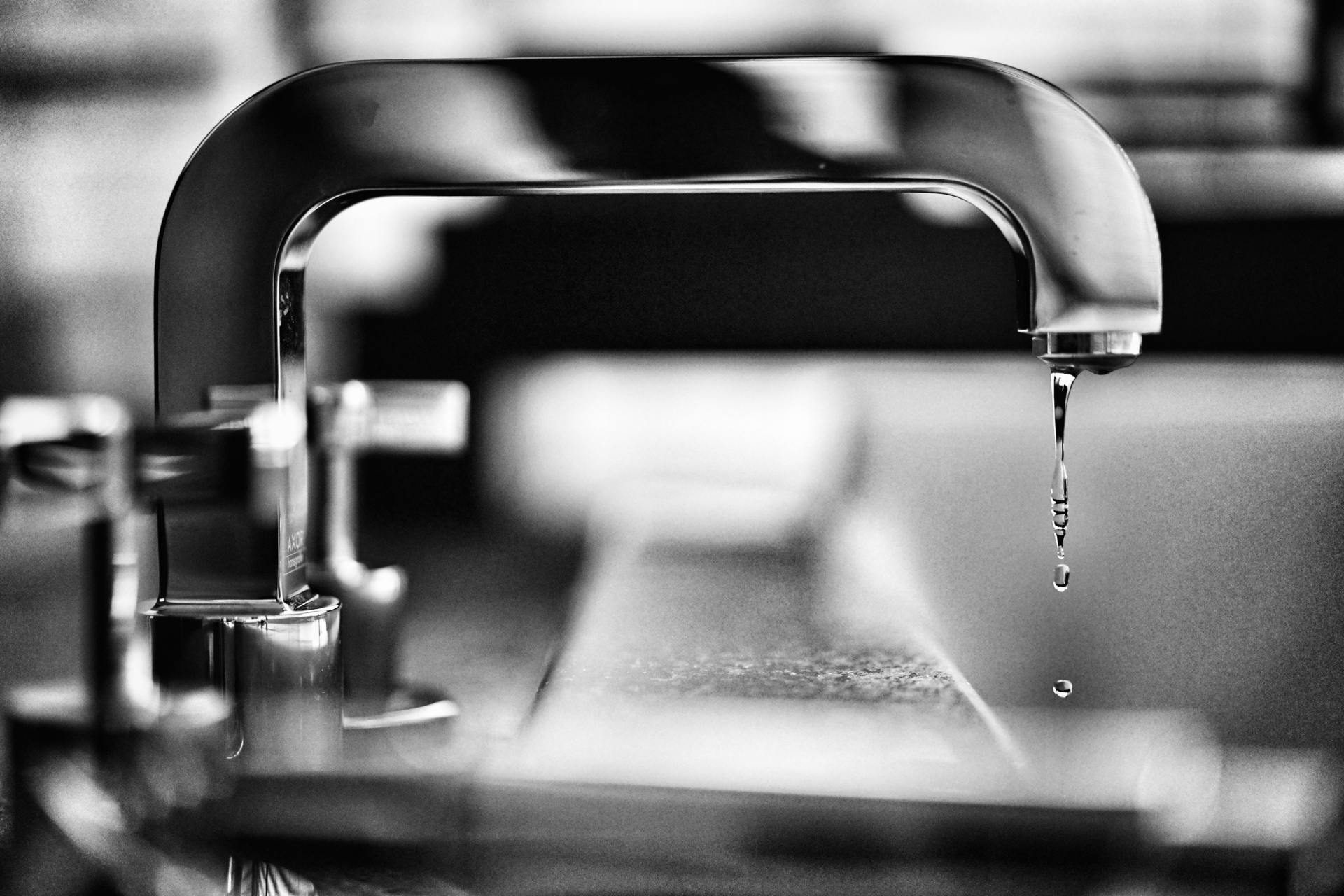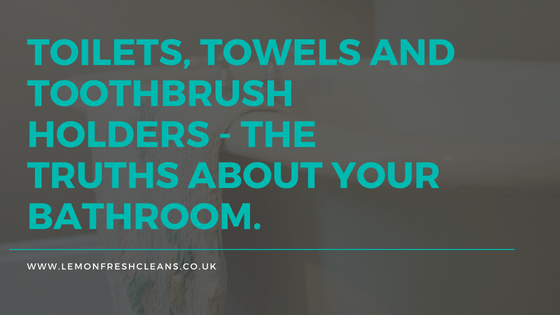Maximizing Your Deposit Return: The Importance of End-of-Tenancy Cleaning
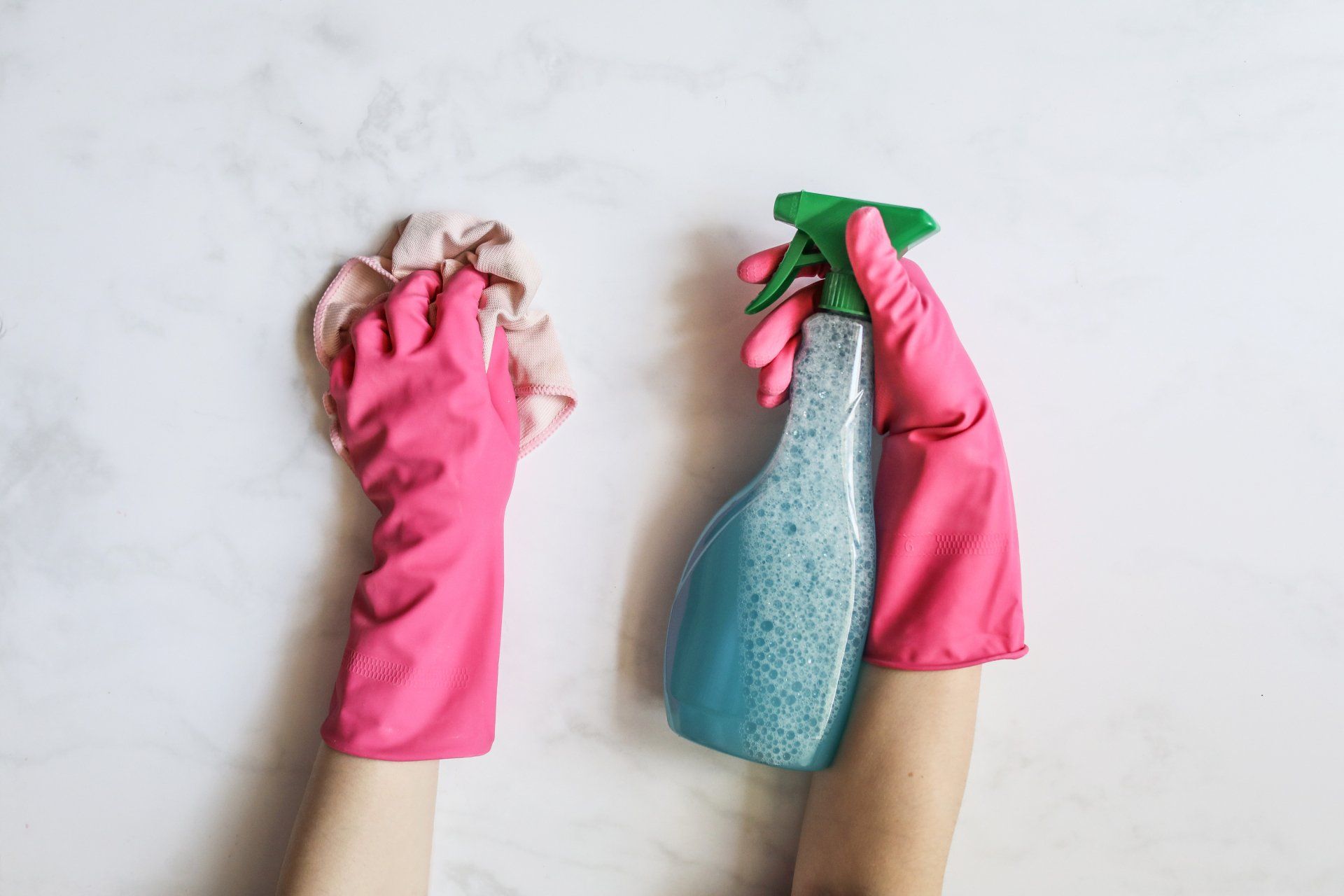
Are you planning to move out of your rented property soon? As you embark on this exciting new chapter, it's crucial to ensure you leave your current residence in the best possible condition. One way to do that is by investing in an end-of-tenancy cleaning service. In this blog post, we'll delve into the reasons why opting for professional cleaning can make a world of difference in securing the return of your deposit and leaving the property in its original state.
1. Impress Your Landlord:
Picture this: your landlord walks through the door for the final inspection, and they're met with a spotless, sparkling property. This immediate positive impression sets the tone for the inspection process and communicates your responsible nature as a tenant. A well-cleaned property not only showcases your respect for the space you've lived in but also demonstrates your commitment to following lease agreements.
2. Meet Lease Agreement Requirements:
Many rental agreements stipulate that tenants are responsible for leaving the property in the same condition as they found it. This includes a thorough cleaning of all rooms, fixtures, appliances, and surfaces. Failure to meet these cleaning requirements could result in deductions from your deposit to cover cleaning costs. Hiring a professional end-of-tenancy cleaning service ensures that every nook and cranny is addressed, reducing the risk of disputes over cleanliness.
3. Save Time and Energy:
Moving is a taxing process, requiring significant time and effort. By delegating the cleaning responsibilities to professionals, you can focus on packing, coordinating logistics, and settling into your new home. End-of-tenancy cleaning services are equipped with the expertise, tools, and cleaning products to tackle even the toughest cleaning tasks efficiently and effectively.
4. Comprehensive Cleaning:
End-of-tenancy cleaning services go beyond the regular surface cleaning that you might do on a routine basis. They specialize in deep cleaning, ensuring that areas often overlooked, such as behind appliances, inside cabinets, and beneath furniture, receive meticulous attention. By addressing these hidden spaces, you increase the likelihood of receiving your full deposit back.
5. Avoid Disputes:
One of the most common reasons for disputes between tenants and landlords is the cleanliness of the property upon move-out. A professional cleaning service provides you with a detailed checklist and documentation of the cleaning process, serving as evidence of your efforts to maintain the property. This documentation can be invaluable in case of any disagreements about the condition of the property.
6. Enhance Future Rental Opportunities:
Leaving a property in pristine condition not only ensures the return of your deposit but also leaves you with a positive reference from your landlord. This reference can play a significant role in your future rental endeavors, as landlords are more likely to trust tenants who have a history of taking care of their rented spaces.
Conclusion: Your Path to a Smooth Move-Out
As you prepare to bid farewell to your current rental property, remember that investing in an end-of-tenancy cleaning service is a smart decision that offers numerous benefits. From impressing your landlord and meeting lease agreement requirements to saving time and enhancing your future rental opportunities, the advantages are clear. By leaving the property in its original state through professional cleaning, you're not only ensuring the return of your deposit but also leaving a lasting positive impression. So, make your move-out a stress-free and successful experience by choosing an end-of-tenancy cleaning service today. Your deposit and peace of mind are well worth it!
Lemon fresh cleans is now accepting klarna for our end of tenancy cleaning services to help spread the cost during the cost of living crisis.
